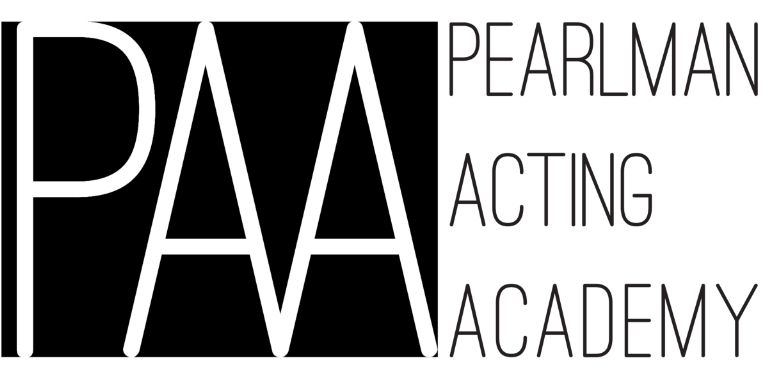When we think of bullying, images of school cafeterias and angry jocks generally come to mind. However, it’s important to acknowledge that bullying occurs in show business all the time. Bullying often arises from a mixture of envy and insecurity along with a pathological need to be noticed. And all of these reasons essentially overlap into this – self-loathing directed outwards. My readers have no doubt seen this in acting classes when the teacher mocks or ridicules a student’s scene. Some of you have experienced this at auditions when a casting director will put down or roll their eyes at your work. Others of you have experienced this at showcases when prospective agents or managers will condescend or dismissively wave away your work. And still others of you have experienced this on set when an angry director proclaims your last take was “horrible” in front of a full cast and crew. These are all examples of an attempt to marginalize the actor.
None of these examples are terribly different from a high school jock knocking down an openly gay student in the hallway. The jock envies the courage of the openly gay student.
And the industry professionals in the examples above with their safe careers and paychecks, all envy the courage of the actor.
Essentially, the bully targets you for what you represent—often the qualities he will never have. Just as some say, “imitation is the highest form of flattery,” so is bullying, as it comes quite often from a place of pathological jealousy.
As you continue along this path as brave actors, you will continue to be exposed to scrutiny, criticism, and mockery. Many times, you’ll experience these things not because you’ve done anything at all to warrant it. Often it will be simply because you’re being you and a particular bully becomes jealous and acts out maliciously. Some of my celebrity clients have Facebook pages, blogs, and other forms of social media devoted to hating and ridiculing them. Bullying on the Internet can feel somewhat more formidable as it seems to present a greater sense of permanence than a bitter remark made in passing.
This phenomenon evokes the words of Erica Albright, played by the gifted Rooney Mara, in “The Social Network”: “The Internet's not written in pencil, Mark, it's written in ink.” But still, that’s nothing to be afraid of. Bask in the glow of the bully’s resentment and know they’re resenting you for your authenticity. They’re envying your bravery to be different, and they’re lashing out at you for all that you are and all that they lack. This negativity and the many forms it takes is the culmination of their envy and it’s actually a huge pat on the back.
As Albright aptly asserts in “The Social Network,” “You write your snide bullshit from a dark room because that's what the angry do nowadays.” And while this is true, even so, it doesn’t matter. Reasonable people who believe in fairness and truth will continue to persist. We sensible people know that if you accuse someone of being a fucking faggot, a fat bitch, or a shitty actor, that doesn’t make it true. And the greatest peace you’ll ever have is knowing that in your heart. It gives you instant clarity as you find out fast what you’re made of and who your real friends are.
There are indeed times in life when you’ll want to jump into the boxing ring with these bullies, but only on very rare occasions should you. These times are so rare because swinging back can put you at risk of getting thrown from your game. While this might sound frustrating to some, as it is in the same school of thought of “taking the high road,” the best way to swing back is to do so with your work. Swing back with your passion and joy of engaging in creative work. Swing back by being a developed artist.
Staying out of the boxing ring with these bullies is the best form of action because the bulk of them simply aren’t worthy opponents.
This article was originally posted on Backstage

